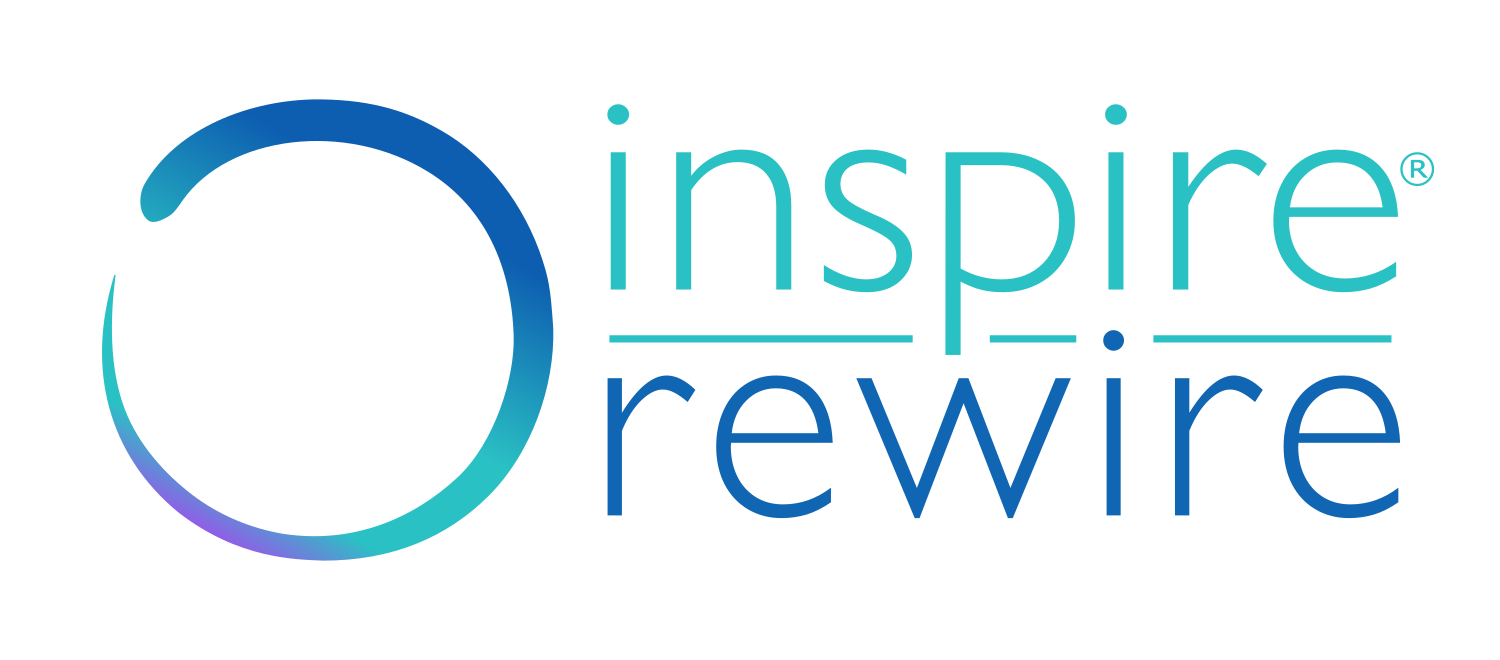Introduction: In today's professional and personal interactions, disagreements are bound to arise. When we find ourselves at odds with someone's point of view, it can be challenging to navigate through the situation without causing further conflict or frustration. However, Neuro-Linguistic Programming (NLP) provides us with a set of tools and techniques to help manage these situations effectively. In this essay, I will explore how NLP can assist us in understanding our internal reactions, improving communication, and finding productive resolutions to disagreements.
Understanding NLP: Neuro-Linguistic Programming, or NLP, encompasses the study of the mind, language, and patterns of behavior. By developing self-awareness, we can gain insight into our thoughts, emotions, and behaviors. NLP empowers us to make better choices, enhancing our personal excellence. Through recognizing our unique maps of the world, shaped by our subconscious filters, we can better comprehend why disagreements arise and seek ways to navigate them.
Recognizing Internal Reactions: When confronted with a differing point of view, our internal reactions play a significant role. It is essential to understand that our reactions are influenced by our subconscious and the beliefs we hold. The three processes of deletion, distortion, and generalization shape our perception of reality. Acknowledging that our maps differ from others' can help soften frustration and provide a starting point for effective communication.
Choosing How to Respond: Having recognized the divergent maps, we can make conscious choices about how to respond to disagreements. Two approaches are particularly helpful:
Agreeing to Disagree: Acceptance is key when the other person's perspective cannot be influenced. Acknowledging that each individual possesses a unique map allows us to let go of the need to change their viewpoint. By embracing this approach, we can focus on maintaining a positive relationship and finding common ground in other areas.
Open Communication: Engaging in a dialogue allows both parties to express their viewpoints and blend their maps to find a more constructive way forward. This approach requires confidence and the ability to communicate assertively yet respectfully. While there is no guarantee of complete agreement, an open discussion can lead to mutual understanding, enhanced trust, and a more comprehensive solution.
Effective Communication Strategies: When engaging in a discussion to address disagreements, consider the following strategies:
Active Listening: Pay careful attention to the other person's perspective without interrupting or formulating responses prematurely. Show genuine interest and seek to understand their underlying motivations and concerns.
Empathy and Respect: Maintain an empathetic mindset, seeking to understand the emotions and experiences that have shaped the other person's viewpoint. Demonstrate respect for their ideas, even if you disagree.
I-Statements: Use "I" statements to express your thoughts and feelings without coming across as confrontational or accusatory. Frame your perspective as your personal experience, avoiding generalizations or assumptions about the other person.
Seek Common Ground: Look for shared goals or values that can serve as a foundation for agreement. Emphasize areas of alignment to foster collaboration and compromise.
Emotional Regulation: Practice self-regulation techniques to manage your emotions during disagreements. Deep breathing, taking a brief break, or reframing negative thoughts can help you remain calm, focused, and objective.
Conclusion: Navigating disagreements effectively requires a combination of self-awareness, effective communication, and an understanding of differing perspectives. By applying NLP principles, we can recognize our internal reactions, make conscious choices about our responses, and engage in constructive dialogue. Whether through acceptance or open communication, NLP equips us with the tools to handle disagreements in a professional and productive manner. Remember, by embracing the diversity of maps in the world, we can foster better relationships, achieve personal growth, and forge meaningful resolutions.

